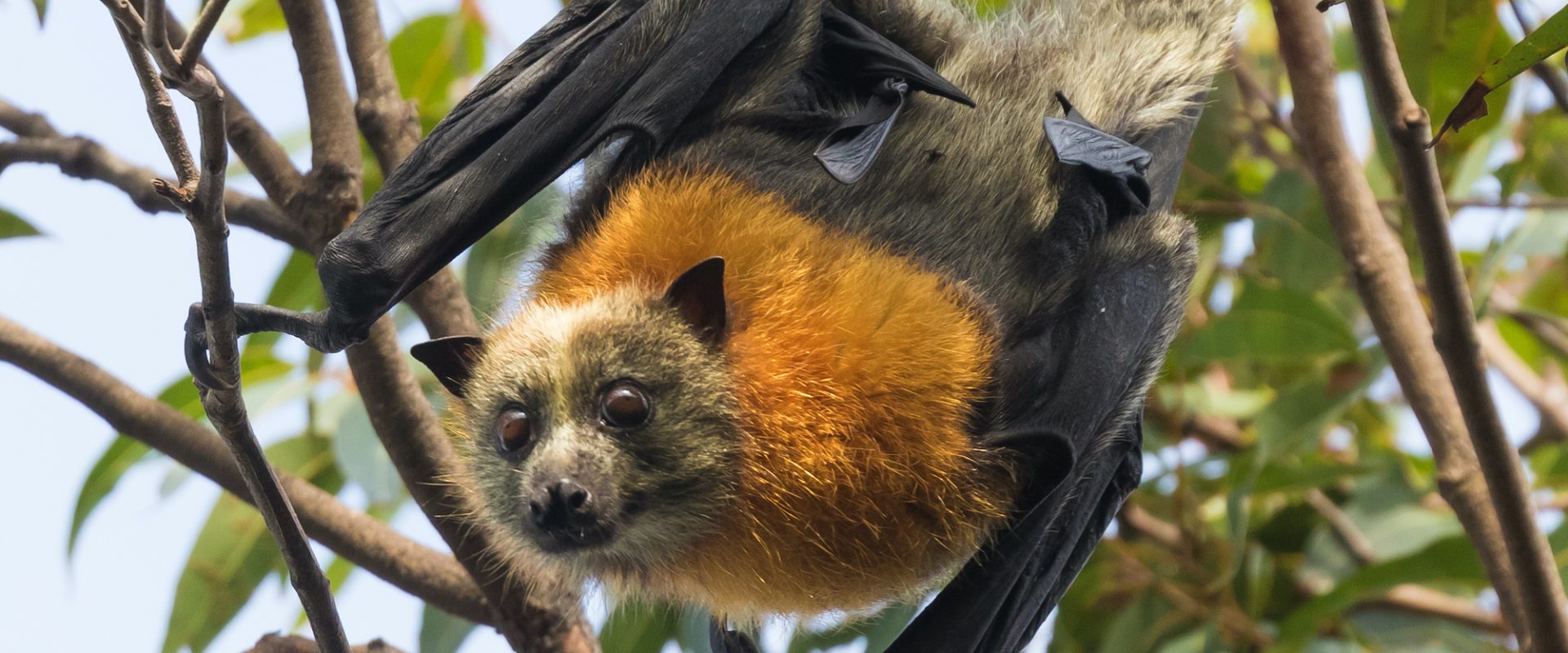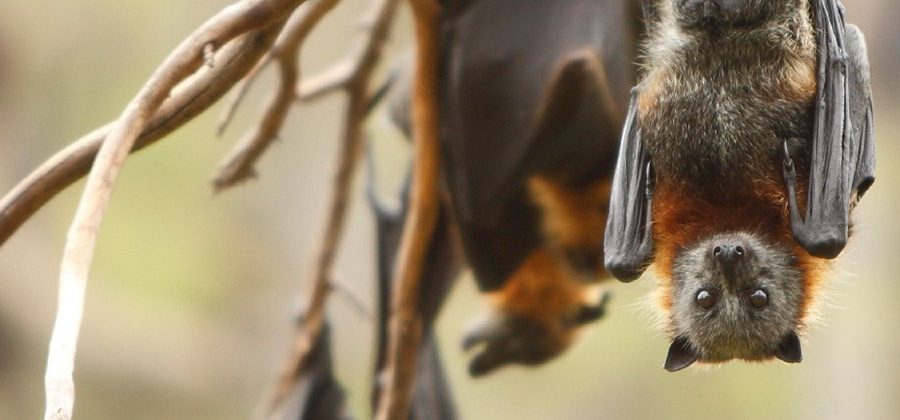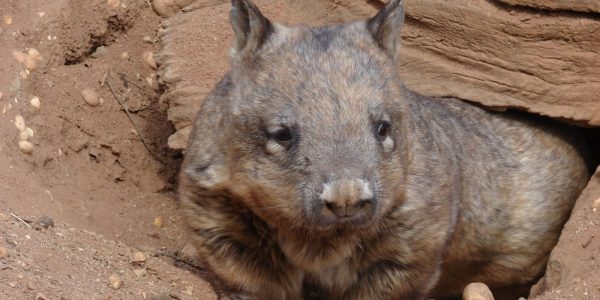By installing nesting boxes and planting native species of trees, flowers and shrubs, you can provide shelter and food for those who need it most. Providing safe access to drinking water, by leaving shallow dishes of fresh water in the shade and high up in trees if possible, can also spare animals from suffering heat stress or death.
If animals are enjoying your backyard fruit trees, know you are kindly helping to feed hungry little mouths – including babies who might be waiting for their parents, and their dinner, back in a nest or hollow.
Devastatingly, thousands of flying foxes and other native animals lose their lives each year after becoming entangled in backyard fruit tree netting. Some suffer for days, until they starve or die from heat exhaustion. Those who are rescued often have severe injuries from the constriction of the plastic nets, and spend weeks or months being cared for by volunteer wildlife carers.
If you do choose to use tree netting, opt for netting that is safer for wildlife. With the recent implementation of a legal ban on dangerous backyard netting in Victoria and Canberra, these states are leading the way in creating safer backyard habitats for native animals – and there is hope the other states will soon follow.
By sharing your fruit trees or only using wildlife-safe netting, you are helping keystone species like flying foxes who pollinate trees and play a crucial role in the health of the continent’s precious forests and ecosystems.











